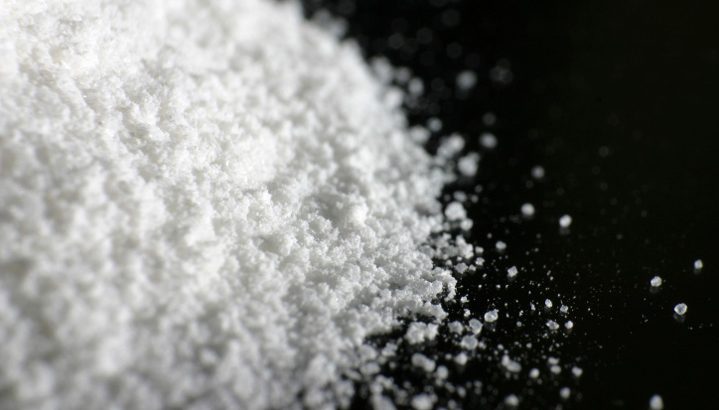TORONTO – Just one dose of cocaine may be enough to “speedily” rewire areas of the brain used for memory, learning and decision-making, a new U.S. study suggests.

The scientists at University of California say their findings could help explain how rapidly drug addiction is learned in addicts.
While testing mice, the researchers learned that even after a single dose of cocaine, the small animals craved more of the drug while their brains formed dendritic spines, small protrusions linked to memory formation.
“Our images provide clear evidence that cocaine induces rapid gains in new spines, and the more spines the mice gain, the more they show they learned about the drug,” lead researcher, Dr. Linda Wilbrecht, said.
Read more: Is food addiction real? Harvard study has experts weighing in
In the study, the researchers worked with mice, placing them in a “conditioning box” with two separate rooms – one that smelled like cinnamon and one that smelled like vanilla, each with distinct patterns and textures.
At first, the mice were free to roam both sides until eventually they had a preference. The next day, the mice were injected with a water solution and placed in the room they preferred, where they stayed.
On the third day, the mice were injected with cocaine in the room they disliked. Then, on the fourth day, the mice were allowed to roam again – at that point, they preferred the room where they were fed the drugs.
Meanwhile, the researchers used scanning technology to take snapshots of their subjects’ brains to understand what was happening. This is where they documented the growth in dendritic spines.
Previous research on deceased mice that were fed drugs revealed that they, too, developed dendritic spines after weeks of cocaine use. The researchers say the new study is the first to find this in the frontal cortex and in live mice.
Those with the most brain changes craved the cocaine more than their counterparts.
“When given a choice, most of the mice preferred to explore the side where they had the cocaine, which indicated that they were looking for more cocaine,” Wilbrecht said.
The hit of cocaine was such a strong stimulant and the mice sought it out so feverishly, they may have stopped paying attention to their other needs. This may help explain how addiction in humans can be so powerful.
“The downside is, you might be learning too well about drugs at the expense of other things,” Wilbrecht said.
Read more: Sweeteners create cocaine-like addictions: Canadian study
What’s notable is that these spines – described as tiny, twig-like structures that connect neurons and provide the brain’s circuit wiring – were forming in the frontal lobe of the brain. This is where critical decision-making is made.
This is key, according to Dr. Vera Tarman, a Toronto-based doctor who specializes in addiction at two rehabilitation centres.
“Cocaine gives such immediate learning. The stimulus is so intense and quick, it goes through the brain much quicker, so the learning would occur much quicker too,” she said.
“The study has some great implications. We can visualize this process, we knew this before but I don’t think we visualized quite as well as this study shows.”
Read more: Asking about abuse could save lives of suicidal addicts: study
Tarman notes that addiction has conventionally been linked to the limbic system – the reward pathway. But to see changes in the frontal lobe of the brain would suggest that addiction may be mislabeled as a choice instead of a disease.
“It really points to the direction that it is a disease. Our ability to decide becomes further impaired when this kind of learning occurs,” she told Global News.
The study’s complete findings were published in the journal Nature Neuroscience. Read the full study here.
carmen.chai@globalnews.ca
Follow @Carmen_Chai




Comments